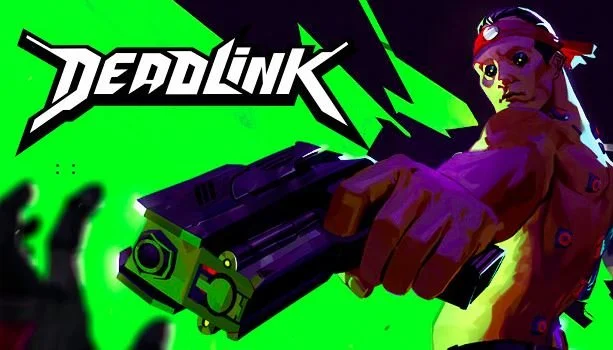Review | The Pinball Wizard - Flipper Fingers
There exists an ancient ballad that tells the story of a young boy who possesses the unmatched skill to slay any pinball table he lays eyes upon. The name of the song's writer is long forgotten, but the energy within its words still resonates strongly throughout our world. It’s safe to assume that this song from years passed inspired the title of The Pinball Wizard, a game by developer Frosty Pop. Unfortunately, it seems as though the powers of this song stop there and fail to ensure that this game has an equally long reign in the public consciousness.
The Pinball Wizard plays its strongest hand right up front, greeting you with charming visuals and a slick presentation. There’s a ball that sits high atop a tower that ensures peace in the land. The ball has fallen off its pedestal, so it’s up to you to put it back. Yes, it’s a threadbare story, but a nice enough framing device to justify your roguelike ascent up the tower and the rooms you encounter.
A wizard never misses a multiplier.
He hits the ball exactly where he means to!
Each room has two flippers at the bottom that shoot your character, the ball, upwards. These rooms contain coins that you can collect, barrels that might replenish health or hold more coins, and enemies to slay by repeatedly bouncing into them. Killing enemies will grant you experience that’ll level you up and unlock new skills, which can then be upgraded by the collected gold. These skills include a dash that can help you maneuver around the room without using the flippers, along with gold multipliers or damage reduction. A random enemy will possess a key that you’ll need to move on to the next room. All these mechanics come together to set the stage for some dungeon crawling and it all felt right at the start. There are plenty of fun pinball-esque details too like bumping the ball into torches to light them up for more gold. Death comes in the form of losing health via enemy attacks or your “ball” falling between the flippers. There are only a handful of enemies, all of which move mindlessly back and forth waiting to be hit. The spider is a highlight however as it throws webbing to freeze a flipper. While the player character is a cute ball of a human and the dance they do during a level-up is undeniably adorable. The rooms (or tables if you will) are very simple and as the game goes on to repeat often, usually consisting of just a single area though later levels have an upper area with additional flippers. All these elements worked together very well at first and I felt as though I was in for a good time. As the game progressed, the cracks in the seams started to show and frustration leaked through.
Some of that frustration comes in large part from the randomness of the ball’s physics. The ball will lose speed or bounce at odd angles counter to the physics you would expect from a typical pinball and this quickly becomes frustrating when you try to be precise. Perhaps the most aggravating of all though is when you use the dash to move across the room only to hit a small incline and rocket out of the map, resulting in a huge loss of health or in later stages just a straight-up death. It also doesn’t help that some of the enemies can take far too many hits in later levels, but if you so wish you can grind to level up and take them out easier. However, there is no amount of grinding that can stop the rage that comes from shooting wildly out of the map and sitting through a loading screen. To add to the annoyance of it all, the soundtrack consists of a single song that loops over and over and doesn’t stop. Ever.
Most of the skills you unlock do little to add to the experience, and there isn’t much that the developer pulls in from pinball that does either. There’s no multiball. No bumpers. No tilt mechanics. In a pinball game. These feel like missed opportunities to flesh out the game and add some greater depth to it. Levels are short, only slightly vary in layout from one to another, and there are only 20 of them before a boss fight. And then that’s it. The game ends with very little fanfare and lets you know you can unlock more skills, but with the game over there’s not much incentive to do so. There is a daily dungeon, but it doesn’t offer anything you haven’t already seen before.
I like to think that this entire tower is leaning at a 15 degree angle.
It’s a shame that The Pinball Wizard didn’t combine both its charm with the skeleton of pinball in a more effective way. Dialing in the physics of the ball and offering more randomised elements, or at the very least, different levels could have extended the time I wanted to spend with the game greatly and enriched the experience. Unfortunately for Frosty Pop, while there’s a fun novelty at start, everything here quickly becomes either frustrating or forgettable. I can’t help but think that the next time someone asks me about The Pinball Wizard I might reply with “The who?” Oh, I remember who sings that song now!







